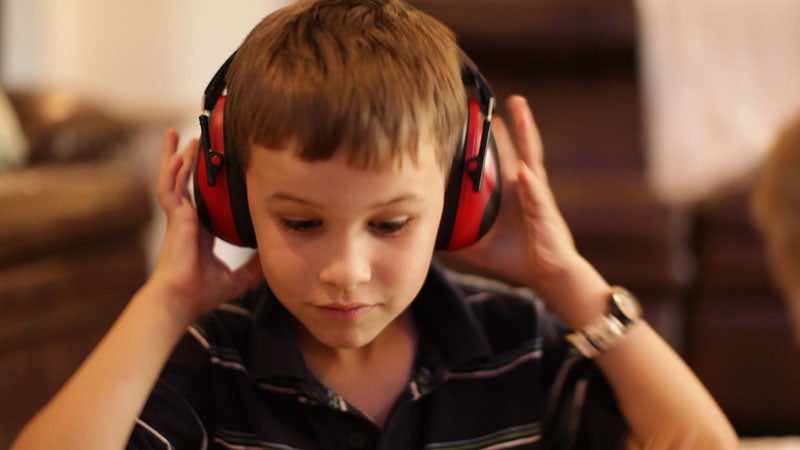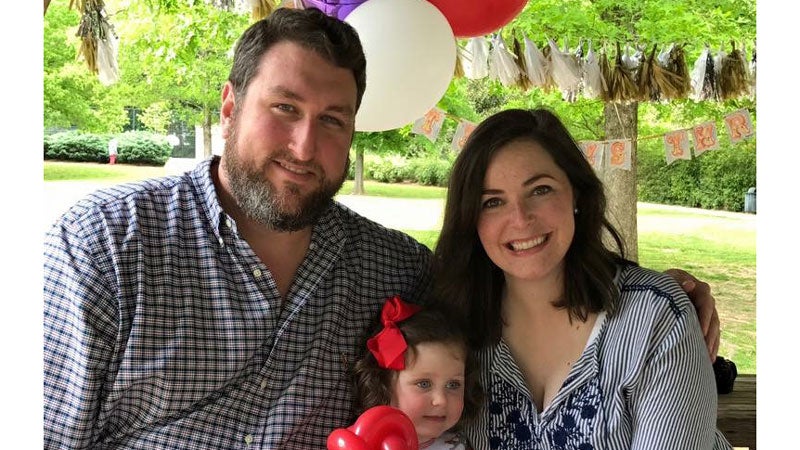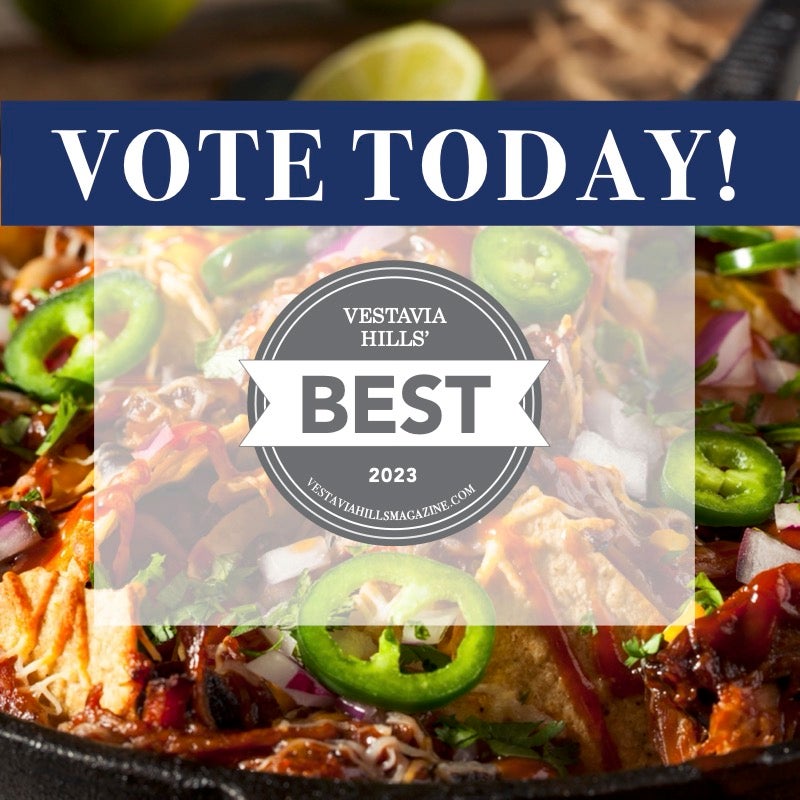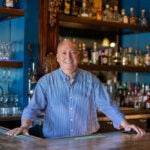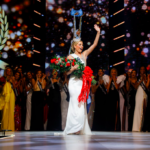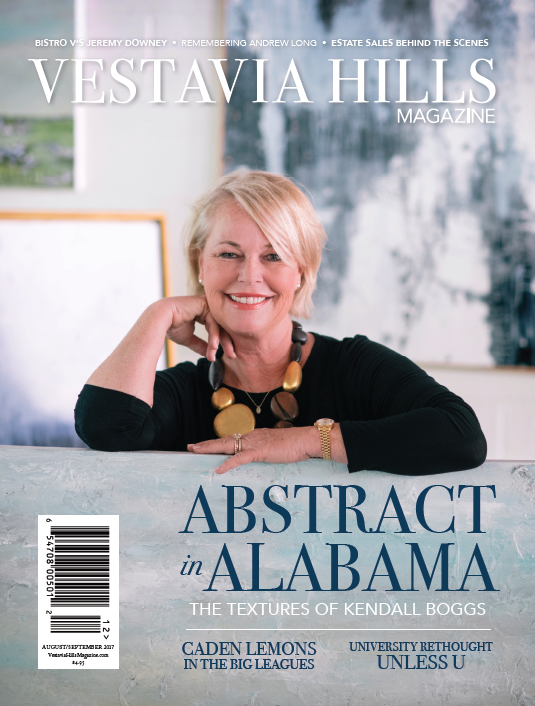Looking up at the jumbotron, Dr. Michele Kong caught a glimpse of him. A young boy was intently watching the Cavaliers game with an unusual accessory for an NBA game: noise-cancelling headphones. But the headphones make a world of difference to someone for whom loud noises and crowds are overwhelming, especially these ones offered for children with sensory needs. Trained by KultureCity, a Vestavia-born organization, the Quicken Loans Arena in Cincinnati provided the boy with what he needed to enjoy the game. “It’s heartwarming to observe a child and family participate in an event because of what KultureCity has provided to the community,” says Kong, who co-founded the organization.
Sensory inclusion at the NBA arena wasn’t always this simple though. At one point arena staff removed a speaker from an autistic, non-verbal child, taking away his main form of communication. At that point, the arena realized that it needed to become more inclusive. So they reached out to KultureCity for resources. Soon, the Quicken Loans Arena became the first certified sensory-inclusive NBA arena, and others have followed to extend a warm and helpful welcome to anyone eager to watch a game.
By training places from the NBA to McWane Science Center, KultureCity uses its technology to include all individuals in experiences that might normally overwhelm someone with autism, Down syndrome or other sensory challenges. Certain restaurants, shows and museums filled with large crowds and dramatic lights and sounds become impossible for these children to experience, but KultureCity opens more activities to every individual.
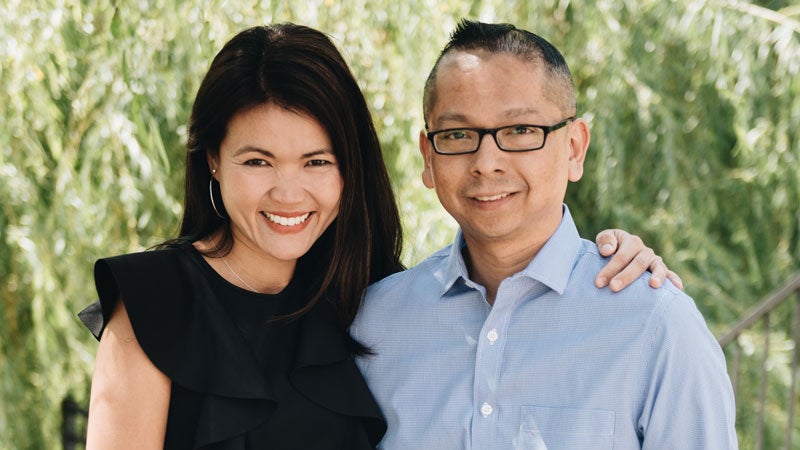 Kong and her husband, Dr. Julian Maha, both full-time physicians, were inspired to establish KultureCity while raising their young son Abram, now a student at Vestavia West Elementary, who is on the autism spectrum and non-verbal. “We realized that we became socially-isolated because it was so hard, despite all the resources we had, to go on certain outings,” Kong says. “There were certain instances that were too overwhelming for him. The public didn’t know the best way to communicate with him.”
Kong and her husband, Dr. Julian Maha, both full-time physicians, were inspired to establish KultureCity while raising their young son Abram, now a student at Vestavia West Elementary, who is on the autism spectrum and non-verbal. “We realized that we became socially-isolated because it was so hard, despite all the resources we had, to go on certain outings,” Kong says. “There were certain instances that were too overwhelming for him. The public didn’t know the best way to communicate with him.”
Maha recounts taking Abram to a mummy exhibit. His son was ecstatic to be there, but the lobby was loud and crowded. Between his excitement and the busy environment, Abram became more active than usual. A security guard came up to them and asked Maha to control his son’s behavior. Maha informed him of Abram’s sensory needs to no avail. “The guard did not believe us but said that he did not ‘look’ autistic. And because of this, we would have to leave,” Maha said in his TEDx Talk last year.
Kong and Maha realized they were not alone in their isolation either. “It was a common thing among special needs families and individuals,” Kong says. “Regardless of the special needs diagnosis, the functionality of daily living and challenges that come with it are the same.” Here lies the core mission of KultureCity: to make every experience open to all individuals, no matter what diagnosis they have or how they struggle. “What had to change was the culture of our society,” Kong explains. “It wasn’t enough for one individual to have this mindset of inclusion. It required a tight community behind this message of inclusion for there to be true culture change.” Today that change is happening through KultureCity—and the Vestavia Hills Community—as it trains family-friendly places that can now welcome every child.
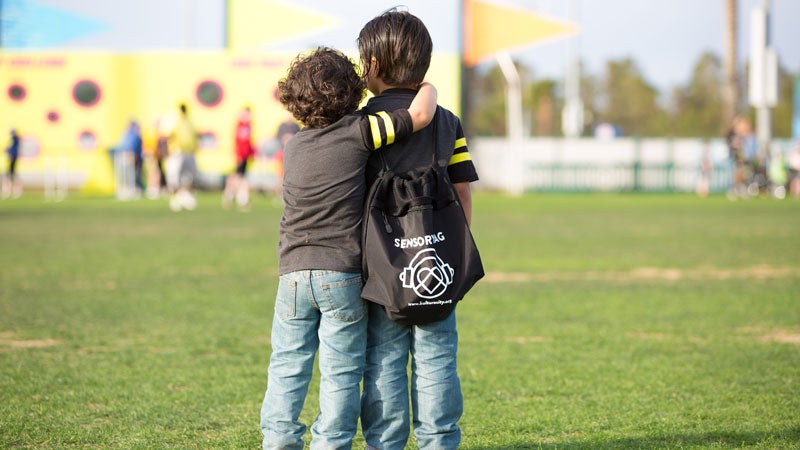 As one tool, KultureCity provides sensory bags with noise-cancelling headphones, fidgeting toys, and visual cards to help calm a sensory overload and enable someone to still enjoy an activity. Families do not have to wait for a special day to bring their children at places that KultureCity has trained to be inclusive at all hours. And thanks to another tool, lifeBOKs, children who tend to wander or run off can be tracked while their families explore.
As one tool, KultureCity provides sensory bags with noise-cancelling headphones, fidgeting toys, and visual cards to help calm a sensory overload and enable someone to still enjoy an activity. Families do not have to wait for a special day to bring their children at places that KultureCity has trained to be inclusive at all hours. And thanks to another tool, lifeBOKs, children who tend to wander or run off can be tracked while their families explore.
“We give families opportunities to have safety for their child, to go places and know that the safety of their child is within a beep,” volunteer Diane Knight says. Although lifeBOKs protect children from getting lost or drowning when they wander, Knight did not have this technology while raising her son Jack, now 25, who is autistic. They lived in Cincinnati before moving to Vestavia when Jack was 9, and multiple times, he ran away, running through oncoming traffic and bolting past ponds.
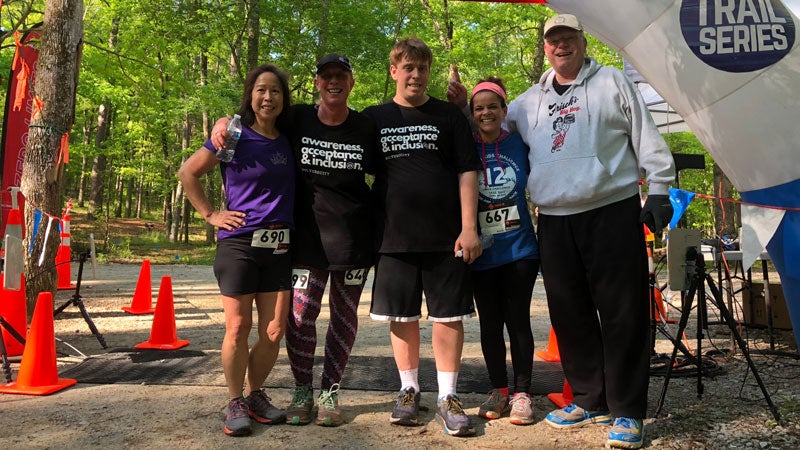 “We can take our kids places that weren’t really a possibility before,” Knight explains. While she faced exclusion from uncountable activities and received looks of confusion, she now sees people changing and understanding more about how to make all experiences available to all types of people. “The mission is to push the message of inclusion for all individuals. This would include anyone with not just autism, but Down syndrome, any special needs diagnosis and those with sensory sensitivities,” Kong says.
“We can take our kids places that weren’t really a possibility before,” Knight explains. While she faced exclusion from uncountable activities and received looks of confusion, she now sees people changing and understanding more about how to make all experiences available to all types of people. “The mission is to push the message of inclusion for all individuals. This would include anyone with not just autism, but Down syndrome, any special needs diagnosis and those with sensory sensitivities,” Kong says.
Within this goal, KultureCity does not call itself an autism non-profit but a non-profit for all individuals with unique challenges. “I would confidently say that there is no other organization that is doing what we’re doing, certainly not with the scope of what we do,” Kong says. Even those suffering from post-traumatic stress disorder may experience sensory overloads, and KultureCity unites a veteran with an autistic child under their sensory initiative.
With their staff of volunteers, made up of all professionals from nurses to speech therapists, KultureCity runs on the passion for the cause, often a passion stemming from the exclusion of a loved one. The goal is to include everyone and to save lives of those overwhelmed by parts of the world. “To know that a child is saved from near drowning is very powerful, and it’s what drives us to continue doing what we do and push the message forward,” Kong says.
And the evolution of the Knights’ journey shows just that saving, and the true change in culture that is happening. Knight remembers her constant worry about what people would think of Jack, his differences, and what he finds comfortable when he was younger. But now things are different. At a recent trail race she and her son saw no confused, alarmed looks while they ran together. “People included us,” she says. “Everyone came out and finished the run with us. We were dead last, but I don’t think I would have done it if I hadn’t been encouraged to try.”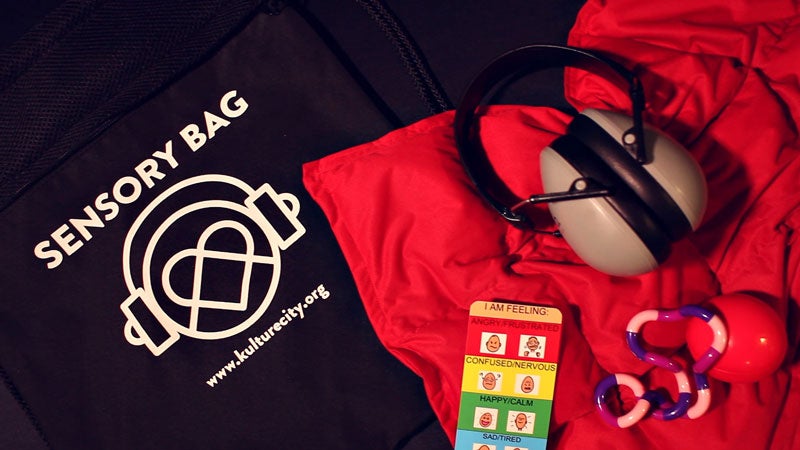
KultureCity Offerings
Sensory-Inclusive Training: KultureCity works with employees and staff to make events and organizations sensory-inclusive. The Birmingham Botanical Gardens, the Birmingham Zoo, the McWane Science Center, the Alys-Stephens Center, and Urban Cookhouse are among some of the locations that have been certified. Nationwide, more than 70 unique locations have been trained nationally, such as the Audubon Nature Institute, Brevard Zoo, Phoenix Zoo and the New England Aquarium in Massachusetts.
NBA Partnership: KultureCity has partnered with the NBA to equip arenas with what they need to be sensory-inclusive, including the Quicken Loans Arena in Cleveland and the Philips Arena in Atlanta. Some of these arenas have sensory rooms, which provide a calm and quiet environment away from loud noise and crowds. More than 17 NBA arenas have been trained to date.
embraceKulture: KultureCity helps communities that may not even have a term for autism in their language with technology and inclusion efforts.
Sensory Bags: A sensory bag includes noise-cancelling headphones, fidgeting toys, and visual cards that allow for clear communication. These are available at sensory-inclusive locations and help individuals who might be overwhelmed by noise, crowds, and light.
LifeBOKs: KultureCity makes and offers lifeBOKs to families with children who tend to run away or run towards water. The lifeBOKs include a Bluetooth and GPS tracking system within a wristband, working to save the lives of individuals who wander.
KultureCity App: The app allows users to search for sensory-inclusive places in the United States, helping families take part in activities that include individuals with a sensory need and to know what resources certain locations have. It also includes a library of video that cover topics including nutrition, behavioral control, sleep hygiene, school tips, dealing with PTSD and more.

